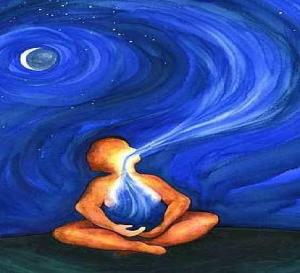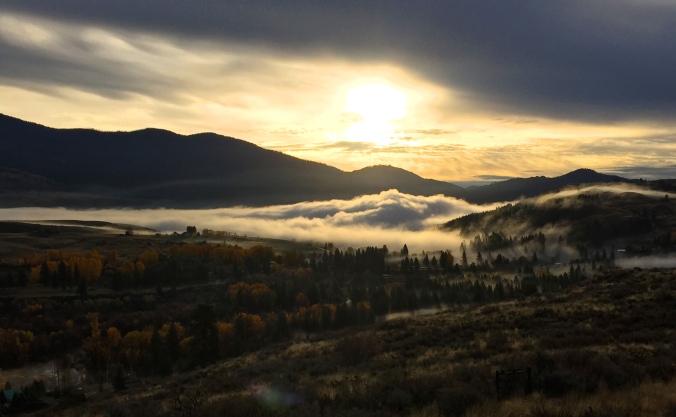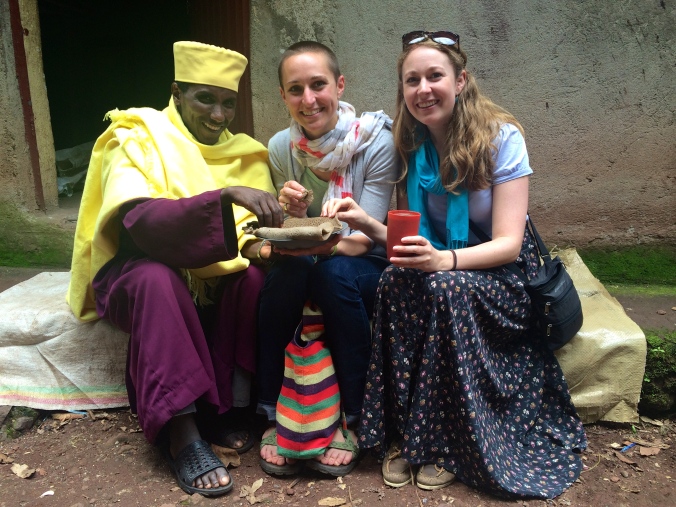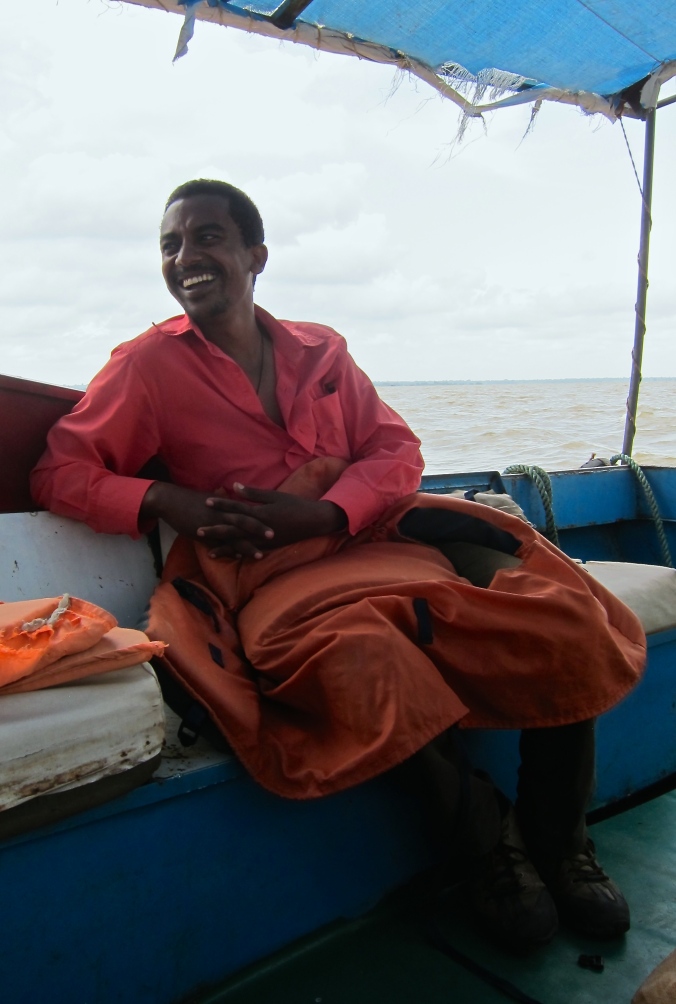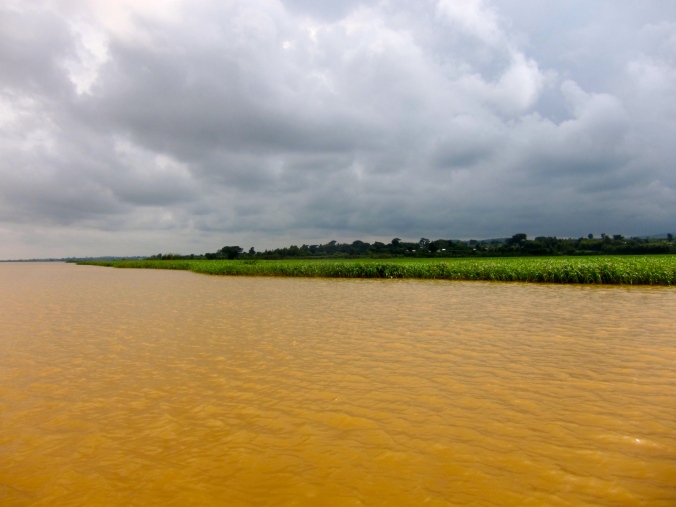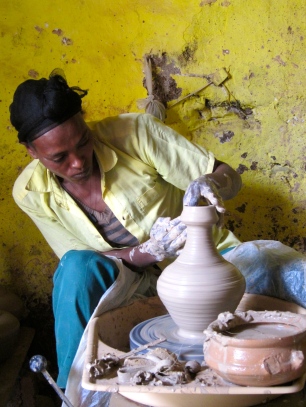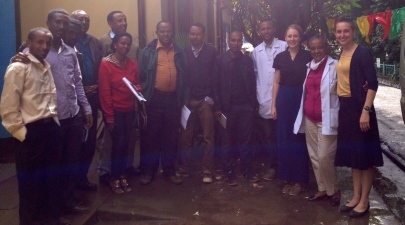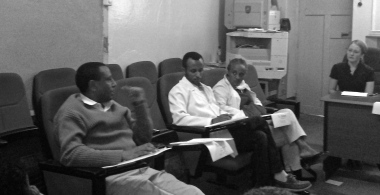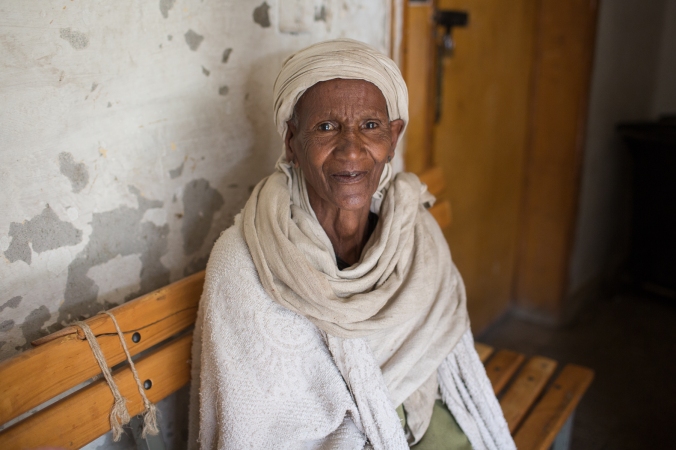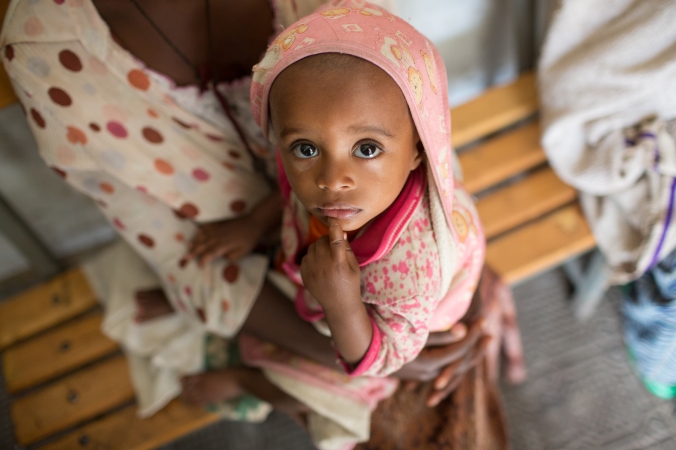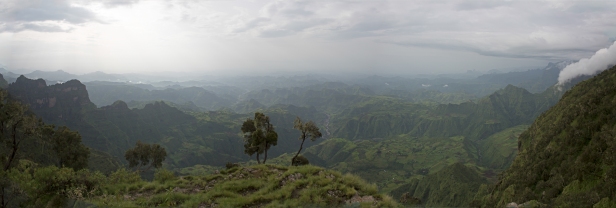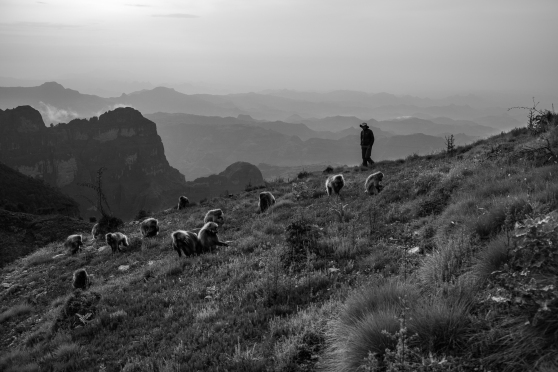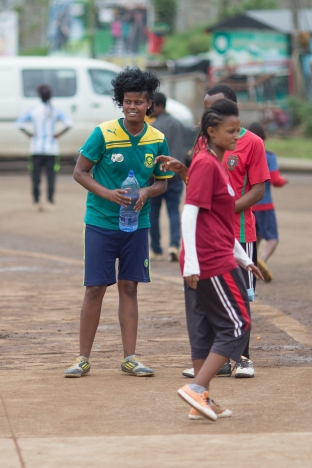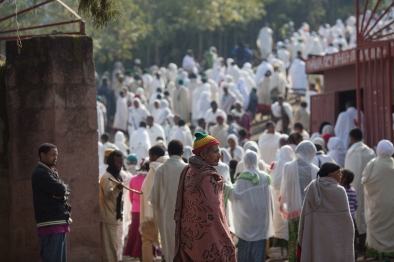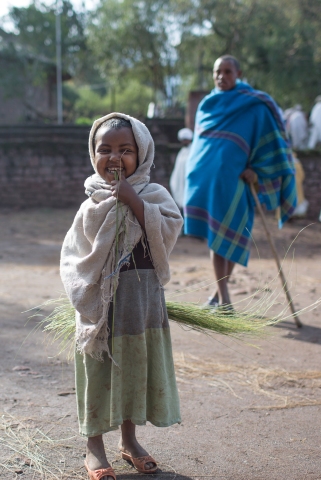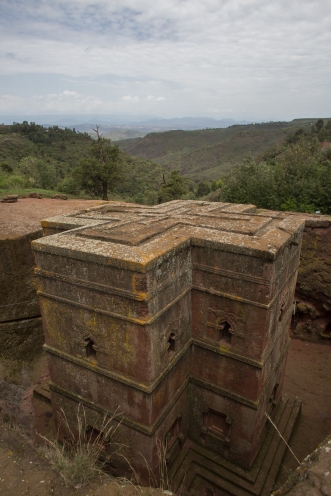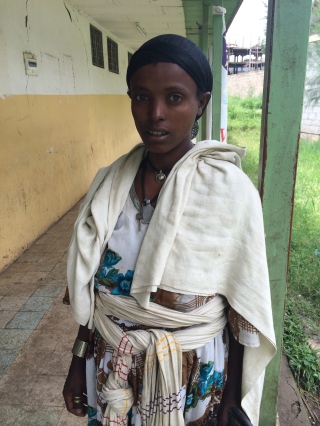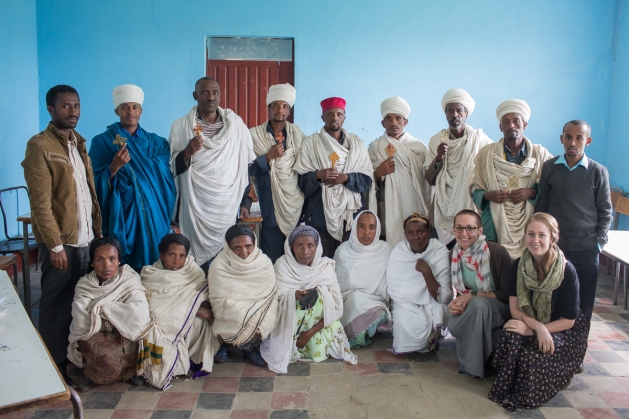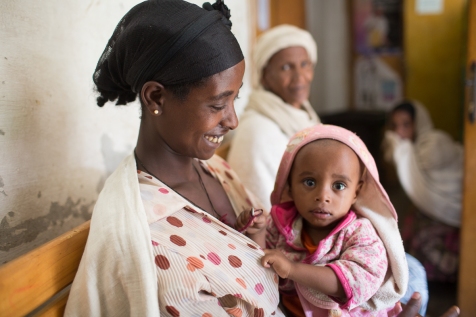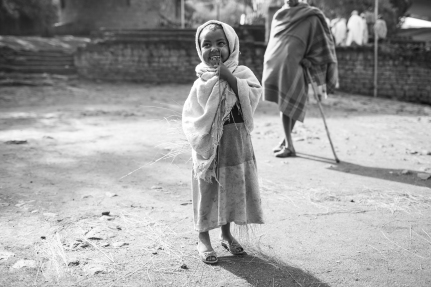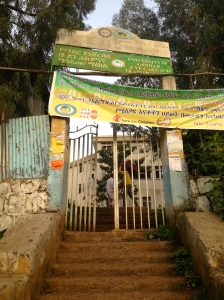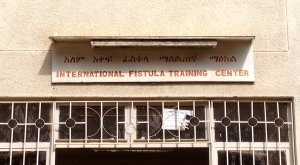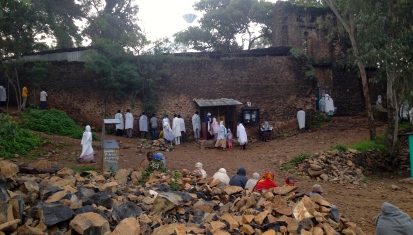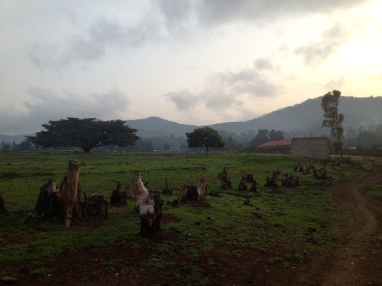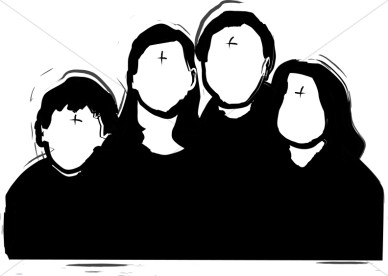 Ash Wednesday has been one of my favorite days in the church year ever since I first discovered it as a Freshman in college. This year I am reading the daily reflections from the Ignatian Solidarity Network, which can be found here: http://ignatiansolidarity.net/blog/2016/02/09/ash-wednesday-standing-on-ashes/#comment-24480. The focus of these reflections is A Lenten Journey Toward Racial Justice.
Ash Wednesday has been one of my favorite days in the church year ever since I first discovered it as a Freshman in college. This year I am reading the daily reflections from the Ignatian Solidarity Network, which can be found here: http://ignatiansolidarity.net/blog/2016/02/09/ash-wednesday-standing-on-ashes/#comment-24480. The focus of these reflections is A Lenten Journey Toward Racial Justice.
The questions posed at the end of today’s reflection were:
- What does it mean to repent for the sins of the past today?
- Our own past sins?
- Our country’s?
My first thought in answer to these questions is, “I don’t know.” But I also know that that’s not good enough. I work in a Community Health Clinic in Tacoma, WA as a Nurse Practitioner. Most of my patients are victims of our nation’s and our world’s sins. Many have recently been released from prison, and many have stories of abuse, neglect and addiction. “I don’t know” isn’t good enough.
I remember noticing that my interactions with patients of color were different than my interactions with white people a few years ago when I was still in graduate school. There was one patient in particular, a middle-aged black man, who brought this reality to the surface for me. During our 20-minute visit I could not figure out why I couldn’t get him to say what he wanted. There were so many disclaimers in both his verbal and non-verbal communication, and his statements were oozing with an air of apology. As a student, I gave report to my supervising healthcare provider and shared about my experience in hopes that she might have some insight or wisdom to offer. Her response was to explain my experience by labeling this man a “seeker of pain meds.” While that explanation made things easy for her, it felt wrong, and somehow dirty. I felt dirty.
So for me, repentance today means not making those moments easy. It means sitting in the discomfort and filth of those moments. It means struggling with my power as a white, educated woman. It means recognizing and wrestling with the position of power I have as a healthcare provider. And it means listening. It means hearing the brokenness in the stories of my patients and accepting that the stories are messy. It means fighting the urge to tidy up the stories I hear so that I can go home feeling good.
As I go through my day seeing patient after patient and hearing their stories, I will listen. My prayer is that there is space for healing in the hearing of the stories, and in the acknowledgment of the sins that are woven therein. I pray that as I remember the sins of my country’s and my community’s past, and witness the continuation of those sins, the ashes of repentance would cover me, cover us.
